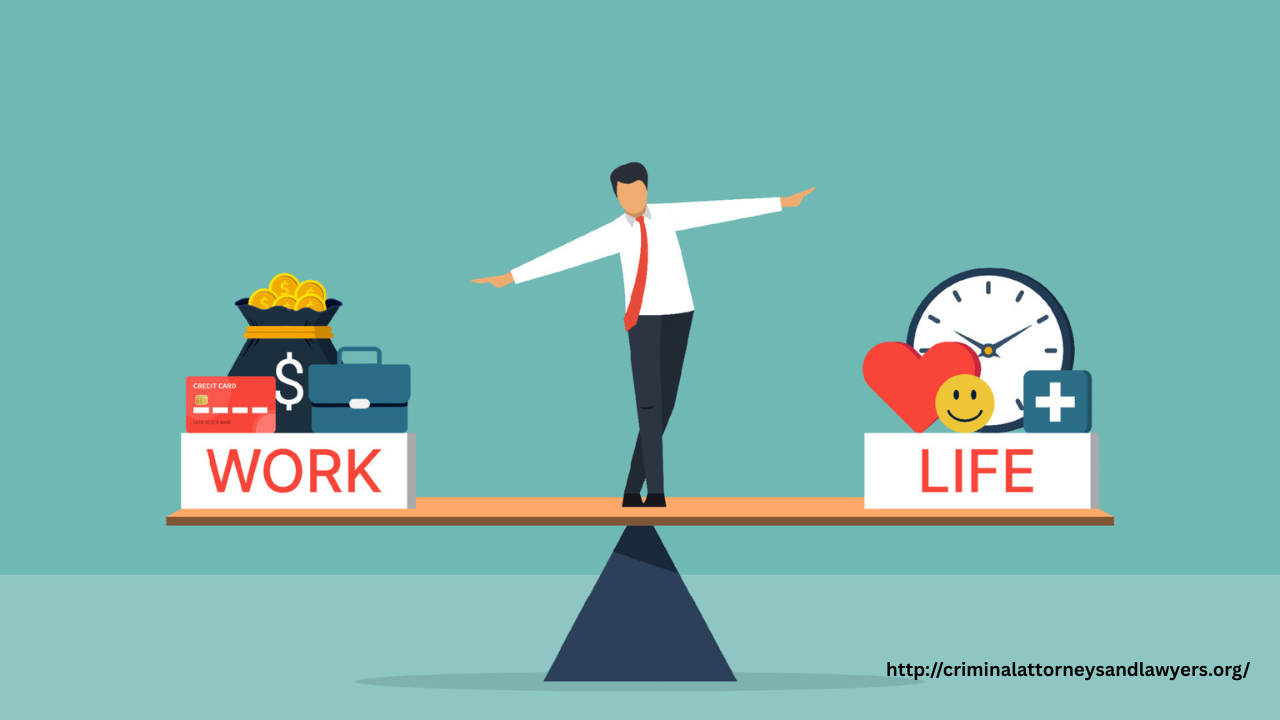
In the high-stakes world of law, perfectionism is often seen as a badge of honor. The meticulous attention to detail, the relentless pursuit of excellence, and the unwavering commitment to clients are qualities that define many successful attorneys. However, this drive for flawlessness can become a double-edged sword, leading to chronic stress, burnout, and mental health challenges.
The Allure and Pitfalls of Perfectionism
Perfectionism in the legal profession is not merely about striving for excellence; it’s about setting unattainably high standards and being overly critical of oneself when those standards aren’t met. While this trait can lead to high-quality work, it often results in excessive self-doubt and anxiety. Lawyers may find themselves trapped in a cycle where their self-worth is tied to their professional achievements, leading to a constant fear of failure. This fear can be paralyzing, causing procrastination and a reluctance to take on new challenges.
The Mental Health Toll
The legal profession’s culture often exacerbates perfectionist tendencies. The adversarial nature of legal work, combined with long hours and high client expectations, creates an environment where mistakes are not easily forgiven. This pressure can lead to significant mental health issues. Studies have shown that lawyers experience higher rates of depression, anxiety, and substance abuse compared to other professions. The constant stress of meeting unrealistic standards can erode self-esteem and lead to burnout.Home | Fasken+1Lawline+1
Strategies for Managing Perfectionism
- Cultivate Self-Compassion: Recognize that mistakes are a natural part of growth. Instead of harsh self-criticism, practice kindness towards yourself. This shift in perspective can reduce anxiety and improve resilience.LinkedIn+1Proctor+1Proctor+1Verywell Mind+1
- Set Realistic Goals: Aim for excellence, not perfection. Establish achievable objectives and acknowledge progress, even if it’s incremental. This approach can alleviate the pressure to be flawless.Verywell Health+20The College of Law – College of Law+20LinkedIn+20Verywell MindAmerican Bar Association+4Time+4SELF+4
- Embrace a Growth Mindset: View challenges as opportunities to learn rather than threats to your competence. This mindset encourages continuous improvement and reduces the fear of failure.American Bar Association
- Seek Support: Engage with mentors, peers, or mental health professionals who understand the unique pressures of the legal field. Sharing experiences can provide perspective and coping strategies.Republic Chambers
- Establish Boundaries: Maintain a healthy work-life balance by setting clear boundaries. Allocate time for rest, hobbies, and relationships to recharge and prevent burnout.
A Call to Action
Addressing perfectionism in the legal profession requires both individual and systemic change. Law firms and legal institutions should foster environments that prioritize well-being and acknowledge the human aspect of legal practice. By promoting open discussions about mental health and redefining success to include personal fulfillment, the legal community can support attorneys in leading balanced, healthy lives.Lawline+3Republic Chambers+3Verywell Health+3
In conclusion, while perfectionism can drive high performance, it should not come at the cost of mental health. By recognizing and addressing the perfectionist’s dilemma, attorneys can achieve sustainable success and personal well-being.
